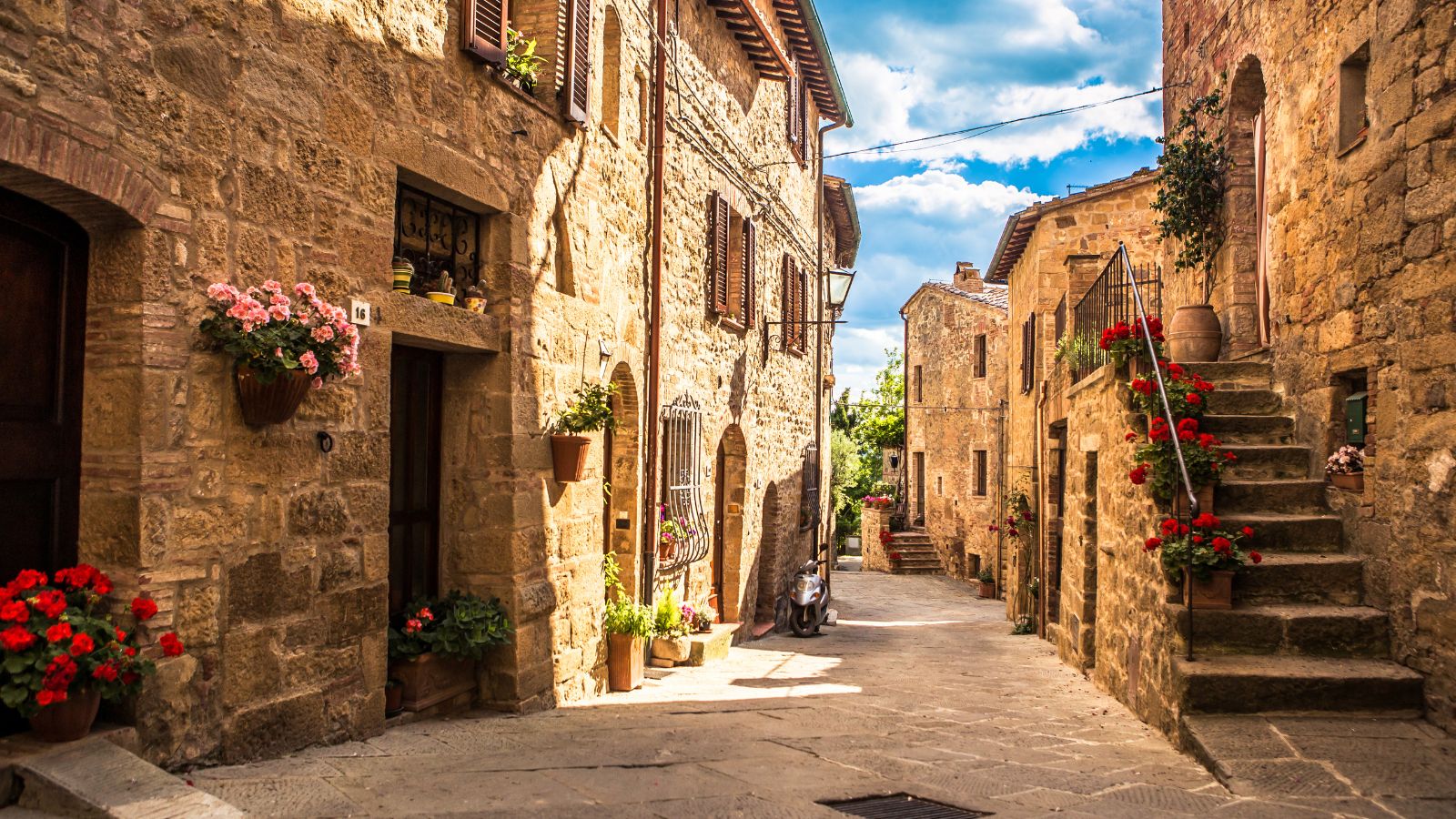
Relocating To Italy – The Essential First Steps
Whether it has been your dream to live in Italy for a lifetime or if you are moving here for another reason, below you will find a series of steps that you should ideally do before you arrive in Italy or immediately after you get here. Planning ahead of your permanent move to Italy will ensure that your relocation will go as smoothly as possible.
Before You Arrive
Your Legal Status: Unless you are relocating to Italy as part of an intracompany transfer, you will need a Work Permit to live and work legally here. As part of the free movement of people within the European Union, citizens of the member states have the right to live and work in Italy automatically. However, if an EU citizen does not have a job, the Town Hall where he or she requests residency is perfectly within its rights to ask for proof of self-sufficiency concerning financial means. Non-EU citizens who come from countries that can avail of visa-free travel for tourism or business can stay in Italy and/or Schengen for up to 90 days in any 180-day period. After such a period, they must leave Italy; otherwise, they become undocumented and risk deportation. Non-EU citizens who wish to stay beyond 90 days must have a long-term visa. I highly advise anyone who is thinking of overstaying to rethink this. We are in a new era of passports being scanned and immigration details being shared among nations. People who have overstayed in Italy are often caught when flying out of The Netherlands and Germany; such a violation can lead to being banned from entering the Schengen area for a certain period of time. Non-EU citizens who wish to live and work in Italy have several visa options available to them.
Personal Documents: There are several documents required in Italy to legalize one’s status. Therefore, before relocating to Italy, it is highly advisable to translate, legalize, and apostille the following documents: Marriage Certificates, Birth Certificates, Degrees, and any relevant health insurance policies. Italy will not accept documents that are older than six months, so make sure any documents that you need to provide have been requested recently in your country of origin.
Form E106 or S1: EU citizens who do not have private medical insurance should request from the health authorities in their home countries the E106 or S1 form. The form that is issued can vary from one country to another. Some countries are slow in issuing these forms, so make sure that you request them well in advance. Recently, several EU countries have been making it very difficult to obtain these forms; therefore, registering as a resident in Italy may be challenging. In this case, it will be best to obtain private medical insurance in Italy to complete your residency application. If you need a referral to an English-speaking broker, please feel free to contact me.
Cost of Living: Unless you are moving to a third-tier city, life in the major markets like Rome and Milan, especially in terms of rent versus average salary, is expensive. Utilities, in comparison to other markets, are expensive, and using A/C 24/7 would be considered a luxury, even if it gets very hot in the summer months. Eating out, especially if you know where to go, can be inexpensive compared to other countries. If you do not have a job when you move to Italy, make sure that you have living expenses for at least six months, which should include all the down payments for a property, which are normally the first month’s rent, two to three months’ deposit, as well as the realtor’s fee.
When You Arrive
Tax Code: One of the first items that you will need to process is your Italian Tax Code (Codice Fiscale). This number should be obtained as soon as possible, as you will need it for opening a bank account, signing a lease contract, getting a SIM card, and any local registration that needs to be done. The number is generated by combining your name, birthdate, and country of origin. Unlike a US Social Security number, anyone who comes into possession of your Italian Tax Code cannot carry out fraudulent activity in your name. The number can be processed by going to your nearest Tax Office (Agenzia delle Entrate). EU citizens will need to bring their passport and, in the case of non-EU citizens, their passport along with the relevant visa, permit of stay, or entry stamp.
Home Search: Unless you will be staying with a friend or a relative, you will need to carry out a home search with a realtor or by looking at classifieds. The latter can be very time-consuming and frustrating; therefore, I would suggest that you work with a realtor. It is unheard of in Italy for most realtors to have exclusivity on any particular property. For this reason, a property that was available yesterday may no longer be on the market the day after. The lack of exclusivity means that another offer may have been made through another realtor. This means that there is no guarantee that your offer will be accepted. Another important thing to take into consideration is that realtors will only provide full details of the property, including the actual street address, at the last moment to avoid a private agreement being made directly with the landlord. Realtors normally take one month’s commission, but in Milan, two months’ rent is normal, or 10–12% of the annual rent.
Town Hall Registration: All EU citizens who will reside in Italy for more than 90 days are obliged by law to register at their local Town Hall. Non-EU citizens, after they get their Work Permit and Permit of Stay, will also need to become residents to buy a car, register with the Italian Health Service, or be able to open a resident bank account, which has more features in comparison to a non-resident one. Before registering, it is always good to speak with an Italian tax expert to understand the ramifications of being a tax resident in Italy.
Vendor Selection. One of the most important steps for a successful relocation to Italy is to work locally with the best professionals possible. This means working with the best professionals possible, which include accountants, lawyers, and realtors.
Relocating to Italy can be very exciting, but at the same time, it can present several obstacles and some challenging issues. Should you need any assistance with your relocation to Italy, please feel free to contact me.



